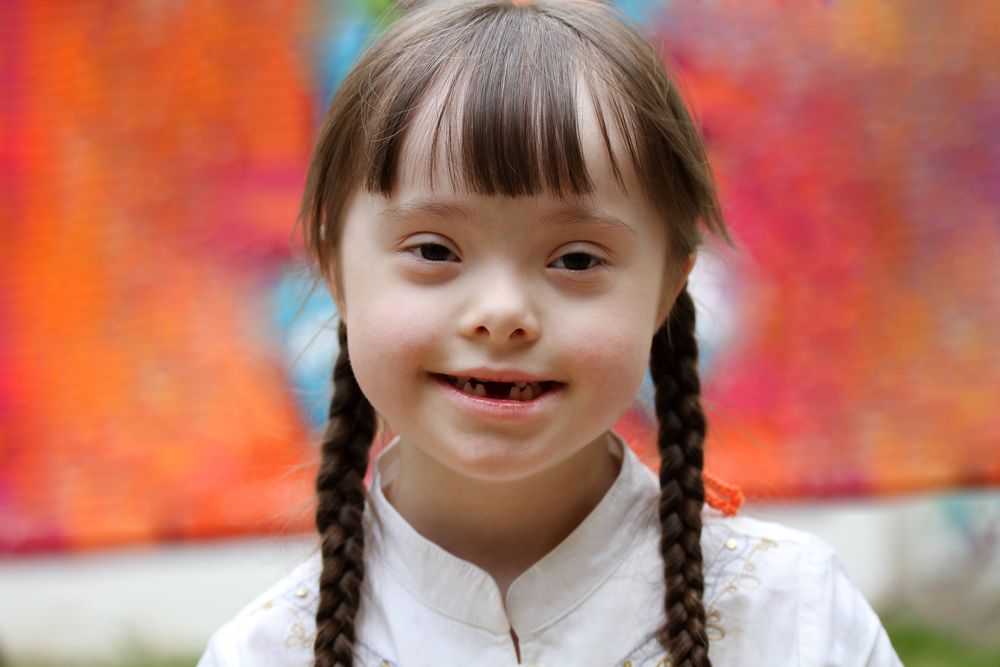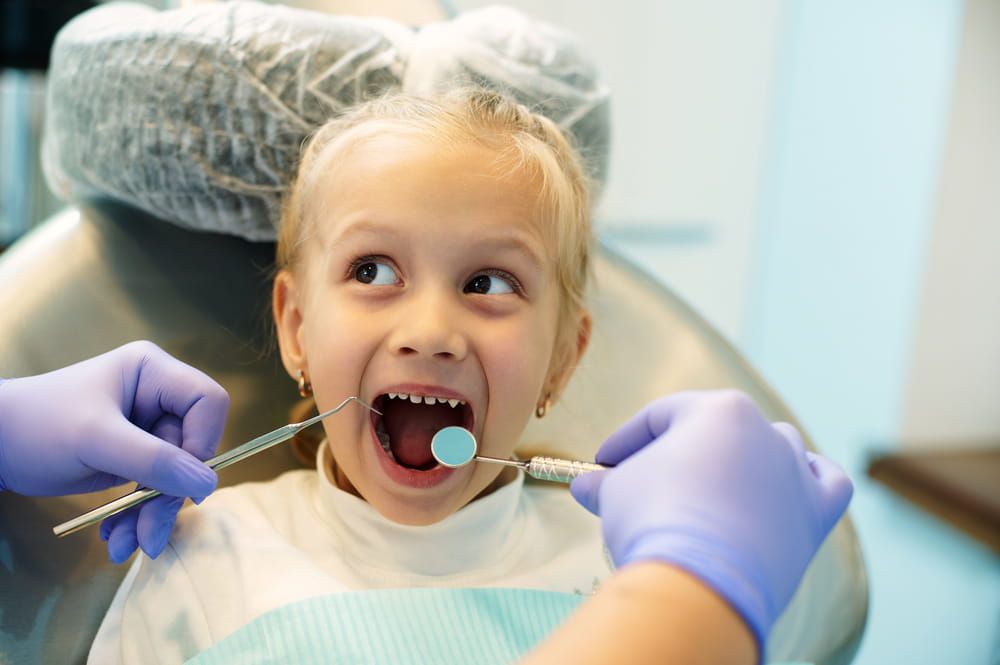Caring for the oral health of children with special needs requires patience, understanding, and specialized approaches. At Dentistry for Children and Young Adults in San Jose, CA, families often seek guidance on creating positive dental experiences and maintaining good oral hygiene at home. Every child deserves a healthy smile, but for children with physical, developmental, or sensory challenges, oral health care can present unique obstacles that parents and caregivers must address thoughtfully.
Understanding the Unique Oral Health Challenges
Children with special needs often face greater risks of dental issues such as cavities, gum disease, and oral infections due to a combination of physical and behavioral factors. Some children may have difficulty brushing or flossing due to limited motor skills, while others may be taking medications that cause dry mouth or sugar exposure. Additionally, dietary limitations or the use of specialized feeding equipment can contribute to plaque buildup.
Communication and sensory sensitivities can also make dental visits stressful. Bright lights, unfamiliar sounds, and the sensation of dental tools can be overwhelming for children with sensory processing disorders or autism spectrum conditions. Recognizing these factors early allows parents and caregivers to plan effectively and ensure a calm, supportive environment during both at-home care and dental visits.
Understanding each child’s specific challenges can help tailor oral hygiene routines that are both effective and manageable. For example, adaptive toothbrushes, flavorless toothpaste, and visual aids can make a significant difference in a child’s comfort and cooperation.
Building an Effective Daily Oral Care Routine
Consistency is key in maintaining oral health for children with special needs. Establishing a structured routine helps children feel more secure and can make brushing and flossing easier to manage. Parents can start by introducing oral care gradually, allowing the child to touch or hold the toothbrush before using it. Visual schedules or songs can also provide cues that make the process predictable and less stressful.
For children with limited mobility or coordination, parents might consider using tools such as:
- Electric toothbrushes: Provide a more thorough cleaning with less effort.
- Floss holders or interdental brushes: Simplify flossing for those with dexterity challenges.
- Modified grips or handle attachments: Make toothbrushes easier to hold.
Positive reinforcement is another powerful tool. Praise, rewards, or small incentives can help reinforce good habits. Over time, even children who initially resist brushing may begin to associate it with comfort and accomplishment rather than stress or discomfort.
Creating Positive Dental Visit Experiences
Regular dental visits are vital for monitoring oral health, but for children with special needs, these appointments can feel daunting. Preparation at home can go a long way toward easing anxiety. Parents might read social stories about dental visits, show videos of friendly dental offices, or engage in pretend “practice visits” using mirrors and toothbrushes.
Collaboration between parents and the dental team is also essential. Sharing information about the child’s preferences, triggers, and comfort strategies allows dental professionals to adapt their approach. Scheduling appointments at quieter times or allowing the child to explore the dental tools beforehand can help build trust. Each small success contributes to a more positive association with dental care, which in turn promotes lifelong oral health habits.
Supporting Long-Term Oral Health Success
Maintaining oral health for children with special needs is a long-term commitment that evolves as the child grows. As they develop new skills, routines may need to be adjusted. Caregivers should stay attentive to signs of discomfort, changes in eating habits, or sensitivity to brushing—all of which may indicate dental concerns. Preventive measures such as fluoride treatments, sealants, and a balanced diet rich in calcium and low in sugar remain cornerstones of oral health.
Education is also a powerful tool. Parents, teachers, and caregivers should work together to ensure that oral health is prioritized both at home and in school or therapy settings. With patience, consistency, and compassionate care, children with special needs can achieve and maintain beautiful, healthy smiles.
At Dentistry for Children and Young Adults in San Jose, CA, we believe that every child deserves the foundation of lifelong oral wellness built on understanding, empathy, and trust.
Resources
American Academy of Pediatric Dentistry. (2023). Guideline on Management of Dental Patients with Special Health Care Needs. Pediatric Dentistry Journal.
National Institute of Dental and Craniofacial Research. (2022). Practical Oral Care for People with Developmental Disabilities. U.S. Department of Health and Human Services.
Glassman, P., & Miller, C. (2018). Oral Health Care for Children with Special Health Care Needs. Journal of the California Dental Association.





